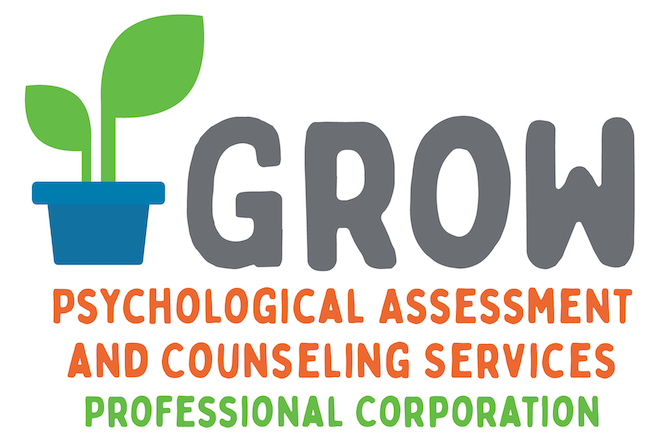Counseling
At Grow, we believe in a strengths-based approach to counseling. Many students who experience difficulties in school come to us with low academic self-esteem, difficulties with managing emotional reactions to school stress, and often, strained relationships with teachers, parents, or friends. Every student has within them the strength and resilience to cope with their learning and emotional challenges. Sessions are built upon an empathic relationship, understanding, and guidance toward student and family-designed goals. While each student is different, the foundation of mutual trust and respect between the counselor and student is seen as the key to change.
What kinds of counseling does Grow offer?
Children (ages 2-11): Just like adults, children sometimes need extra support during difficult times. This is especially true when children have learning challenges or a new transition. While adults find relief in talking about their difficulties, sometimes children cannot express their thoughts and feelings in words, but can find release through various forms of play. Play therapy provides an opportunity for children to work through adjustment problems in a supportive, child-driven setting. Ongoing consultation with parents is seen as an integral part of treatment.
Adolescents and Young Adults (ages 12-21): Adolescence and young adulthood is a time of great change, and with that comes an opportunity for learning how to navigate new challenges. We believe in an integrated approach to therapy that involves both relationship-building and cognitive-behavioral techniques (e.g. learning new ways to think and act). Working with adolescents requires flexibility and creativity to sustain engagement in the therapeutic process. We integrate traditional "talk-therapy" with art, drama, play, technology, and real-world activities. Feedback from parents is seen as an important part of the process. Due to issues of confidentiality, communication with parents about treatment is negotiated before treatment begins with the adolescent and parents.
Parent Consultation: Short-term (4-6 weeks) solution-oriented consultation is available to parents and caregivers who are concerned about managing their child's behavior or learning challenges at home or at school. Consultation about child development and how to work with a child with special needs is also provided. Consultation typically involves collaboration with school staff.
